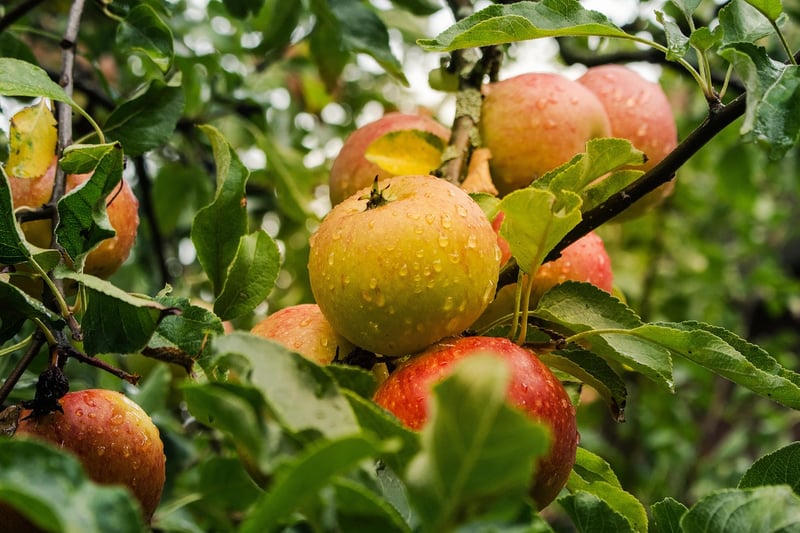Pest Control Methods
Maintaining Healthy Plants and Effective Pest Control Methods
Introduction
Welcome to our guide on maintaining healthy plants and effective pest control methods. Whether you are a seasoned gardener or just starting, ensuring the well-being of your plants is essential for a thriving garden. In this article, we will explore tips on plant care and strategies to combat pests naturally.
Maintaining Healthy Plants
1. Proper Watering
Water is crucial for plant growth, but overwatering can lead to root rot. Ensure your plants receive the right amount of water based on their specific needs. Check the soil moisture regularly and adjust your watering schedule accordingly.
2. Adequate Sunlight
Most plants require sunlight to perform photosynthesis and thrive. Place your plants in locations where they can receive adequate sunlight based on their sunlight requirements.
3. Nutrient-Rich Soil
Healthy soil is the foundation for healthy plants. Use high-quality soil and consider adding organic matter or fertilizer to provide essential nutrients for plant growth.
4. Pruning and Deadheading
Regular pruning and deadheading help promote plant growth and flowering. Remove dead or diseased parts of the plant to prevent the spread of diseases.
Pest Control Methods
1. Natural Predators
Encourage beneficial insects like ladybugs, lacewings, and praying mantises in your garden. These insects feed on common garden pests, helping to keep their populations in check.
2. Neem Oil
Neem oil is an effective and natural pesticide that can control a wide range of pests. Dilute neem oil with water and spray it on plants to deter pests like aphids, mites, and caterpillars.
3. Homemade Remedies
You can create homemade pest control remedies using ingredients like garlic, chili peppers, and soap. These natural solutions can help repel pests without harming your plants.
4. Companion Planting
Planting certain species together can help repel pests naturally. For example, marigolds can deter nematodes, while basil can repel mosquitoes and flies.
Conclusion
By following these tips for maintaining healthy plants and implementing effective pest control methods, you can create a thriving garden without the need for harsh chemicals. Remember to observe your plants regularly, as early detection of pests or diseases can prevent widespread damage. Happy gardening!


